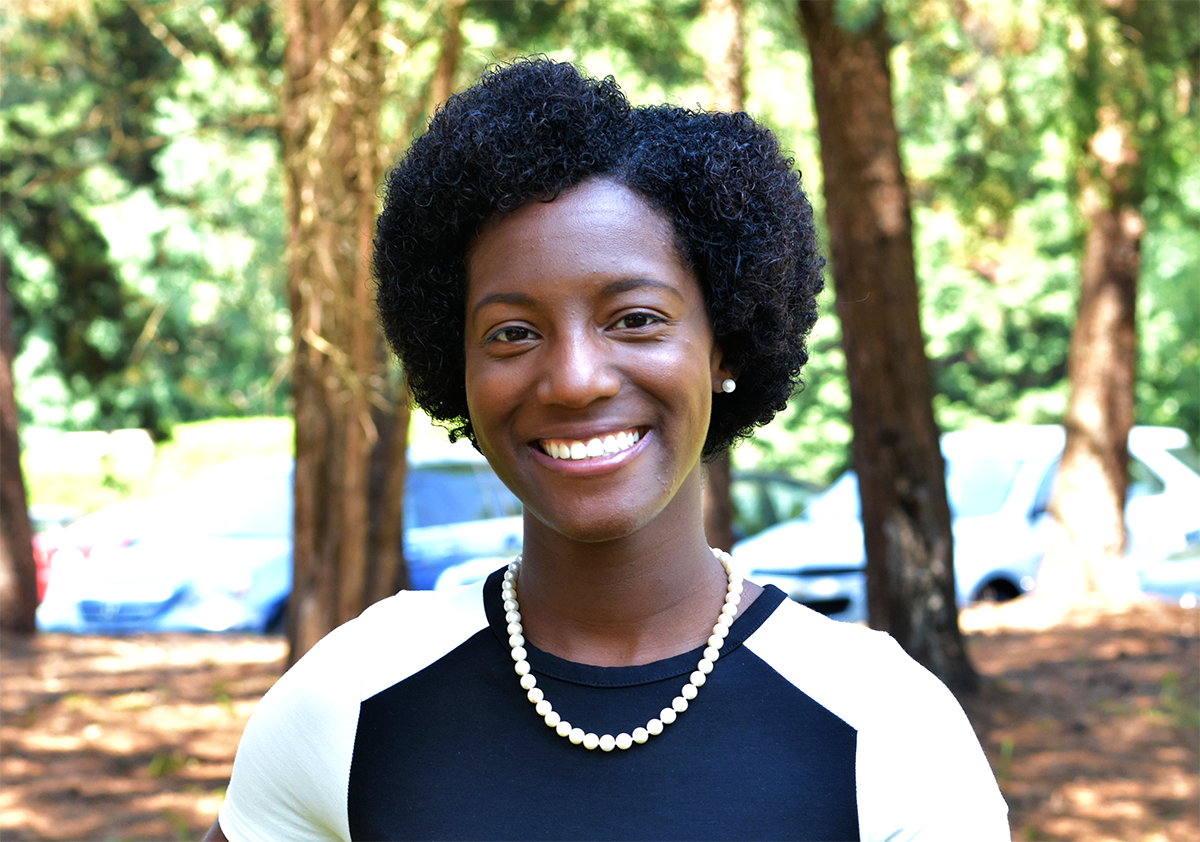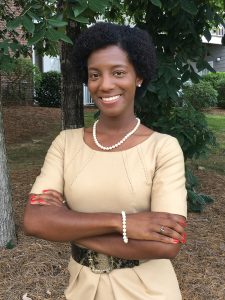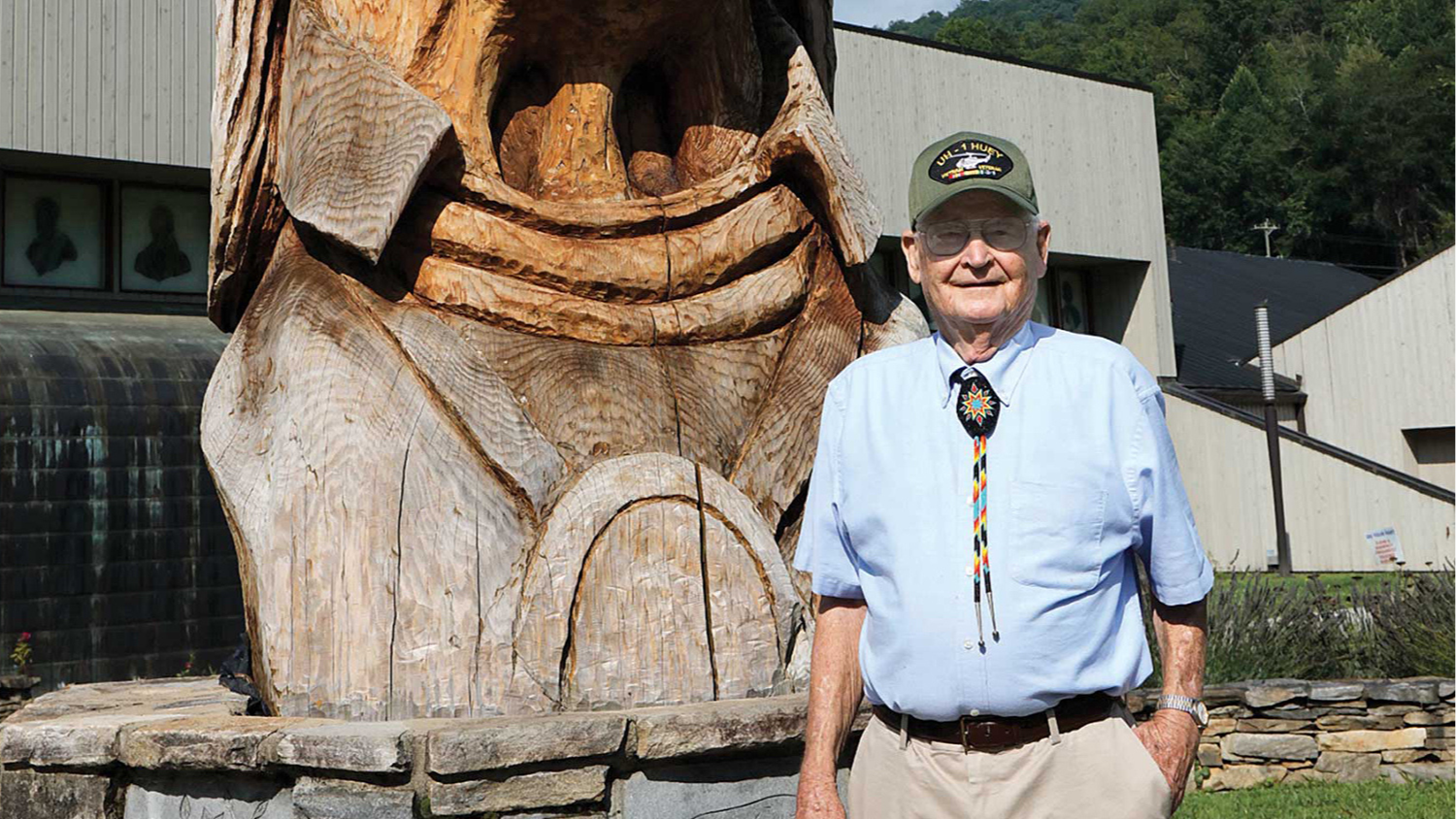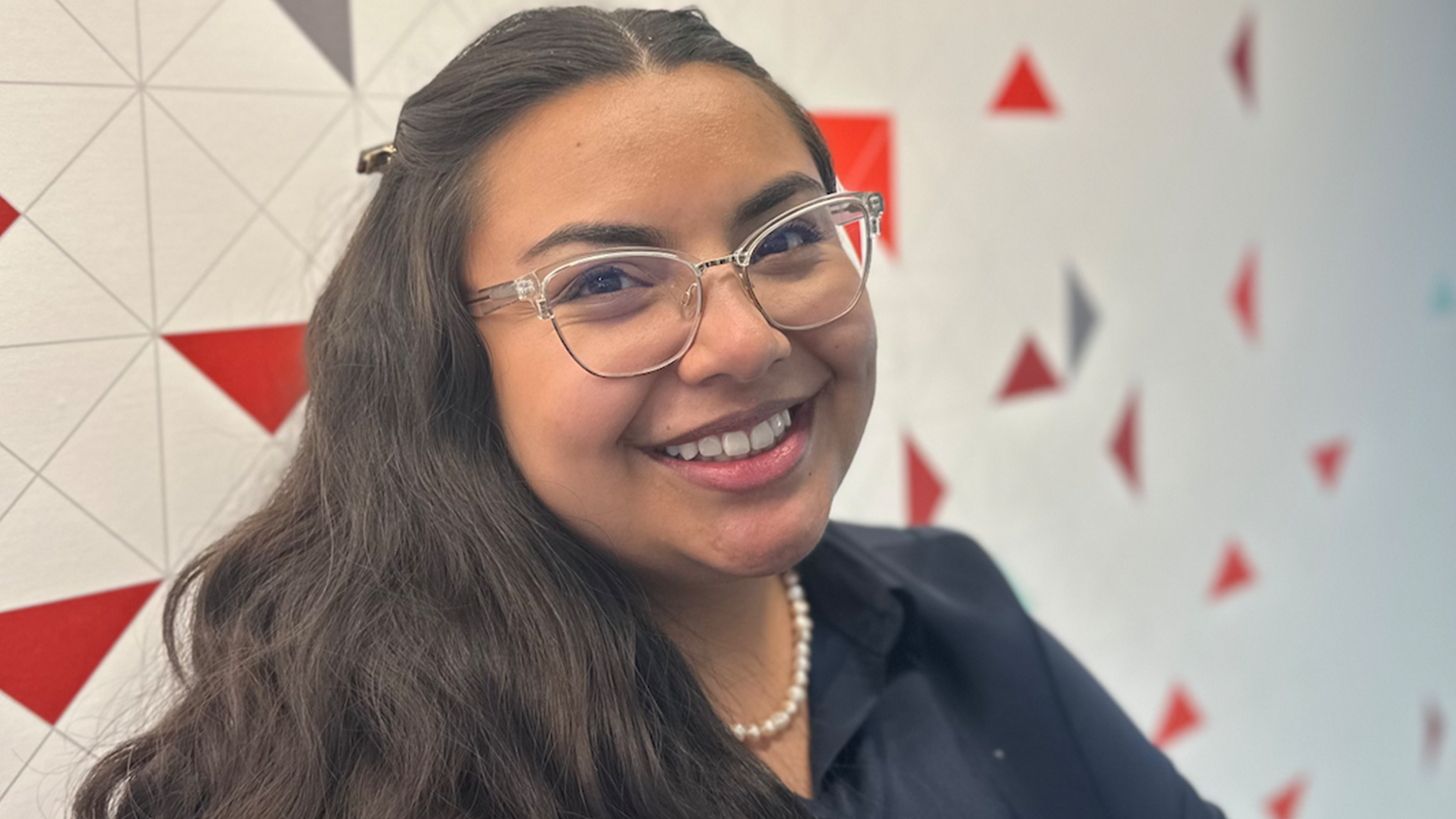NC State Student Chosen for Educational Scholar Program

Whitney N. McCoy, a doctoral student in educational psychology in the Department of Teacher Education and Learning Sciences (TELS), was selected to participate in the Southern Regional Education Board (SREB) Doctoral Scholars Program. See what Whitney had to say about the program and her experience at NC State.
What is the Southern Regional Education Board Doctoral Scholars Program and what piqued your interest to get involved?
The goal of the SREB Doctoral Scholars program is to increase the number of people of color in academia, particularly in science, technology, engineering and mathematics (STEM) fields. The program provides support for minority graduate students through mentoring, funding and professional development. Through the SREB and NC State partnership, the university will increase the diversity of underrepresented groups in the professoriate.
As an African-American female graduate student, mentorship and advocacy are critical to me. During my undergraduate studies at Winston-Salem State University, the guidance from the university chancellor, provost, and student government advisor pushed me to pursue a doctoral degree. After being informed about the SREB at NC State partnership, I knew that access to resources offered through SREB could assist me as I work toward attaining my Ph.D.
What do you hope to get out of the scholar program?

I hope the program provides me with new enriching experiences that enhance my researching abilities and helps me leverage skills I already possess to promulgate innovative research as I aspire to substantially contribute to the field of educational psychology. I also hope to build a network of colleagues who will help me to gain more knowledge in my field of study and to whom I can also assist in research and program implementation activities. Lastly, I hope to continue to receive outstanding mentorship comparable to or surpassing that which I have already received.
How do you think this scholar program can shape you as an educator?
I will build and create a knowledge base and skills set regarding educational psychology as a content area, along with developing a more solid understanding of attitudes and perspectives of young people toward the study of STEM fields. As a result, I will be better equipped to connect with more students, particularly minorities, to open the dialogue on pursuing formal education in various STEM fields.
What role has Jessica DeCuir-Gunby, the professor who nominated you for this opportunity, played in your education?
I first met Dr. DeCuir-Gunby indirectly after corresponding with her via email regarding my interest in the doctoral program at NC State last fall. She responded immediately and was willing to meet in person to answer questions I had about the program. After speaking with her, I knew that the College of Education would be a great fit for me! From an academic standpoint, her expertise in race identity development stood out immediately – this is an area that I’m also highly interested in studying. Furthermore, her willingness to support and mentor me far exceeded that of individuals from other institutions that I previously considered.
How will your experience at NC State influence you as an educator?
I chose to pursue a doctoral degree at NC State because the College of Education’s curriculum design, faculty expertise, strong communication and resources were exactly what I had been looking for. The university has also identified a direct and immediate need to support minority students in their graduate studies; this resonated with me considering the fact that I am both African-American and female. Ultimately, I believe that the educational psychology program will help me gain a better understanding of how psychosocial development plays a critical role in African-American student achievement in STEM studies, a focal point of my future studies.
As a math and science educator, it is hard to motivate students to pursue degrees in STEM when they cannot make connections with concepts or apply them to real-life scenarios. I hope to utilize my studies at NC State to create interventions and community programs that will inform policies and assist underserved African-American students that are “at-risk” and underrepresented in many STEM areas so they may have more opportunities to become STEM leaders.
Learn more about getting a doctoral degree in educational psychology at NC State.
- Categories:


